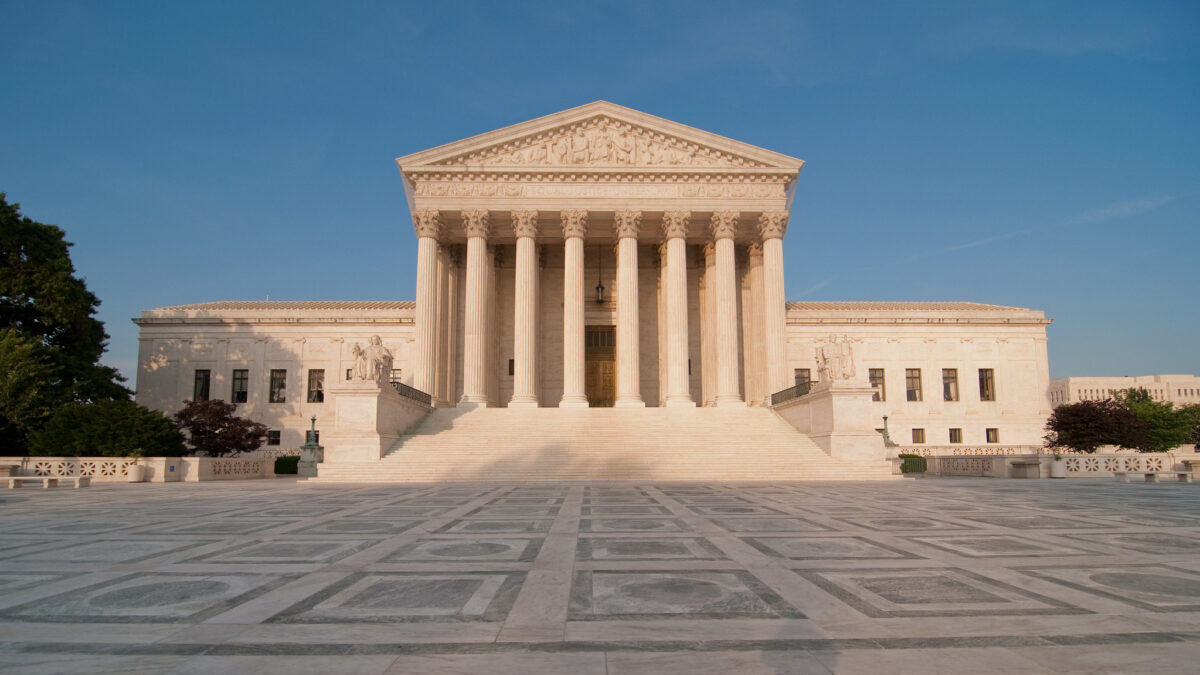Supreme Court limits Clean Water Act, weakens administrative state.
Supreme Court Limits EPA Authority Under Clean Water Act
The Supreme Court dealt another blow to the administrative state on Thursday with a ruling narrowing the scope of the Environmental Protection Agency’s (EPA) authority under the Clean Water Act. In the court’s 5-4 decision, the conservative majority limited the definition of federal waterways that fall under the purview of the EPA to enforce the law as wetlands with a continuous surface water connection to larger streams, lakes, and rivers.
“The uncertain meaning of ‘the waters of the United States’ has been a persistent problem, sparking decades of agency action and litigation,” the court acknowledged in Sackett v. EPA.
Despite the split decision over the Clean Water Act, the nine-member panel ruled unanimously on behalf of the plaintiffs’ case to push the EPA off their property.
The Supreme Court’s Thursday ruling marks the latest strike against the administrative state with new limits to rein in bureaucratic abuses now routine among the executive branch.
The Sackett Family’s Decade-Long Battle
The Sackett family has spent more than a decade navigating the rules of the Clean Water Act over the course of construction for the couples’ dream home near Priest Lake in Bonner County, Idaho. Months after their 2004 purchase, the EPA shut down the project claiming wetlands on their property were covered under the Clean Water Act as “waters of the United States.”
The Sackett family fought the EPA’s joint decision with the Army Corps of Engineers all the way up to the high court, which heard the case in October. The nine justices agreed that the Sackett’s wetlands did not fall under federal protections allowing the EPA to step in and halt the project.
Conservative Majority Rules
Justice Samuel Alito wrote the majority opinion. He was joined by Justices Clarence Thomas, Amy Coney Barrett, Neil Gorsuch, and John Roberts. Justice Brett Kavanaugh joined the court’s three liberal justices in dissent over the reach of the 1972 water law.
What This Means for Conservation Efforts
The minority ruling concerns itself with the implications for conservation efforts by the high court narrowing EPA authority to enforce waterway protections.
About the Author
Tristan Justice is the western correspondent for The Federalist and the author of Social Justice Redux, a conservative newsletter on culture, health, and wellness. Follow him on Twitter at @JusticeTristan or contact him at [email protected]. Sign up for Tristan’s email newsletter here.
" Conservative News Daily does not always share or support the views and opinions expressed here; they are just those of the writer."





Now loading...